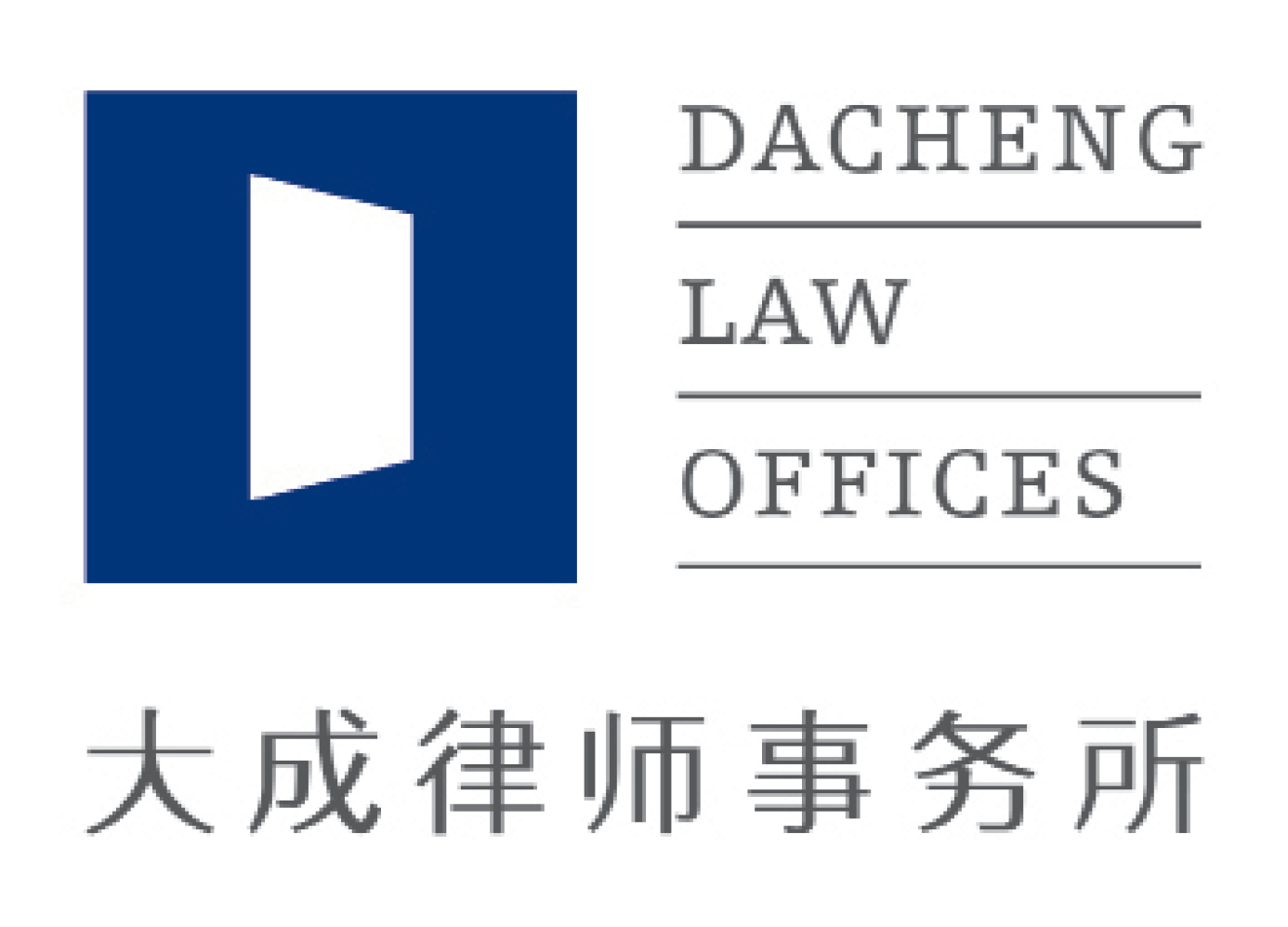Company A is a foreign enterprise whose business is the production of certain specialist machinery. In China, only approved entities which are on a list compiled by the department in charge are permitted to manufacture such machinery. Company B, a Chinese enterprise, is one such entity. To enter the Chinese market, company A signed a joint venture agreement with company B in 2007.
The joint venture

Senior Partner
Dacheng Law Offices
Beijing
Each company agreed to contribute capital to establish a joint venture to manufacture such machinery. They agreed that after the JV was set up, company B would liaise with the department in charge to get the JV put on the list of approved entities within a certain timescale, so that it could start production legally. Only after this would company A be obliged to make its capital contribution. If the JV did not get onto the list within that time, the agreement would automatically terminate.
The JV was set up in early 2008. Company B failed to ensure that it became an approved entity within the agreed timescale. Moreover, the two joint venture partners could not agree on the price for the goods manufactured by the JV on company B’s behalf. Therefore, neither party made any capital contribution, and the JV never started trading.
At the end of 2009, the JV lost its trading licence because it failed to submit its 2008 annual report. Company A decided that the joint venture agreement had automatically terminated. As it aimed to enter the Chinese market as soon as possible, company A entered into an asset purchase agreement with a third party and proceeded to apply for approval for its new venture from the relevant authorities.

Senior Associate
Dacheng Law Offices
Beijing
Company B therefore initiated arbitration proceedings, claiming that company A was in breach of their agreement by terminating it on the grounds of the failure to reach agreement on the price of the goods manufactured for company B. It sought an order to force company A to continue to perform the agreement and compensate company B for its losses. Company B also believed that company A’s new venture was in breach of the agreement’s non-competition clause, and therefore it should be entitled to compensation.
Under these circumstances, what is the best way to protect company A’s business interests?
Legal strategy
By definition, commercial risk may often lead to failure. If this happens, the investor involved needs to extricate itself from the investment at minimal cost, so that it can start a new venture. However, litigation is, ultimately, an adversarial game; the final result depends on the way the parties present their case, their understanding and assessment of the contract and relevant laws, whether the court is convinced of their arguments, and the experience and judgment of court officials. All these variants mean that the outcome of litigation is always, to a large extent, uncertain.
How should company A ensure that the case will end in its favour?
One method is for the company to see the courtroom as the main battleground, trying to obtain a favourable judgment by presenting reliable evidence and precise legal analysis.
Alternatively, it can treat the court process as a mere battle in a war, and look at it from a wider perspective.
However, by combining the court process with other legal processes and business planning, it is possible to ensure a favourable end result, thus protecting company A’s overall business interests.
Liquidation
As mentioned above, the JV lost its trading licence. Under Chinese law, if a company is not liquidated promptly after it has lost its trading licence, its shareholders or creditors can petition a People’s Court to have it liquidated. If the JV enters into liquidation, any agreements it has entered into can no longer objectively be said to be capable of further performance. The tribunal will not be able to support such an application. Accordingly, company A decided to start liquidation proceedings.
In order to prevent the tribunal from making a judgement before the liquidation process was completed, company A needed to slow down the arbitration. On the other hand, once its new venture was approved, A was in breach of the original agreement’s non-competition clause, so company A needed to speed up the arbitration. Company A was therefore in a catch-22 situation. Under the agreement, the compensation payable for a breach of the non-competition clause was the profit received in the new venture. Since under its business plans, company A would not be making any profit for the first three years of its new venture, in practice it would not be required to pay any compensation for such a breach.
Accordingly, company A immediately started speeding up the arbitration process, and simultaneously applied to the People’s Court for liquidation.
After hearing in due course that liquidation has started, the arbitration tribunal ruled that the agreement could no longer be performed, thus granting company A’s application to have it terminated. After hearing this, the People’s Court speeded up the liquidation proceedings. Company A was therefore able to get out of its unsuccessful investment, and its new venture was not adversely affected.
A war, not merely a battle
In this case, the arbitration of the dispute, the liquidation of the JV and the investor’s new venture all went ahead in an appropriate fashion. The arbitration was no longer the sole battleground; it became part of a larger war. Through careful overall planning, ultimate victory was achieved.
Whatever the dispute, the battleground is not just the court room or the tribunal. Litigation should work hand in hand with other legal solutions.
A dispute resolution lawyer must possess not only the skills and experience of a litigator, but also expert local knowledge, so that he or she can draw upon various legal solutions to achieve a favourable result for his or her client, and maximize the benefit to the client’s commercial interest.
Dennis Deng, a senior partner at Dacheng Law Offices, specializes in foreign direct investment, M&A, real estate & construction, litigation and arbitration
Kevin Du, a senior associate at Dacheng Law Offices, specializes in foreign direct investment, real estate & construction, litigation & arbitration

12/F-15/F, Guohua Plaza
3 Dongzhimennan Avenue, Beijing
Postal code: 100007
Tel: +86 10 58137130 (Dennis Deng)
Tel: +86 10 58137206 (Kevin Du)
Fax: +86 10 58137788, +86 10 58137766
E-mail: yongquan.deng@dachengnet.com
guodong.du@dachengnet.com
www.dachengnet.com
















